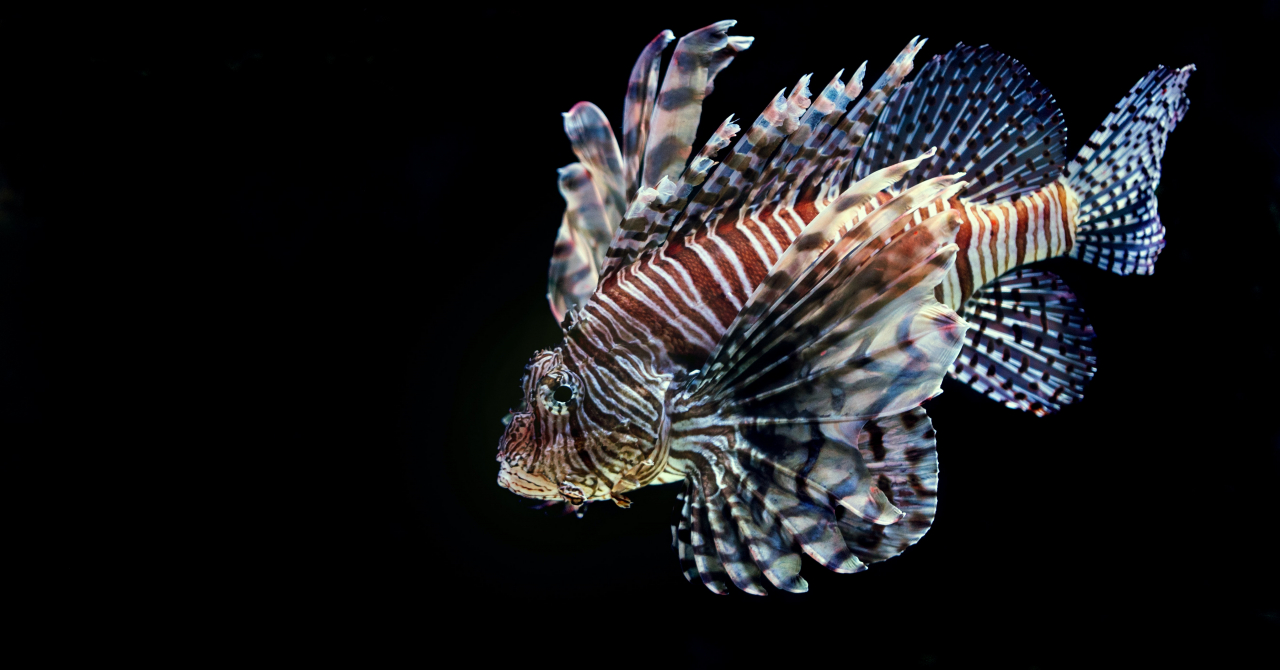According to The Guardian, lionfish are responsible for the disappearance of many tropical fish and coral reefs from the Caribbean Sea and waters around Florida, Mexico and even the Mediterranean Sea.
Lionfish can be dangerous for ecosystems, since a single one can consume as much as 79% of the young creatures within five weeks of entering a new marine system.
Aarav Chavda, who has been diving in Florida waters for years now, stated that "you can see the impacts on the reefs when you dive now – it’s less vibrant."
"We know there are solutions for some of the problems – such as coral-friendly sunscreens to help protect the reefs – but nobody’s been able to do anything about the lionfish", he added.
This is why Aarav Chavda and Roland Santino, a childhood friend, established Inversa, a startup that aims to capture the invasive lionfish from the nearby waters of the Caribbean and turn it into leather for clothes and accessories.
The hides they take from lionfish are sold to fashion partners, who use them to make high-end fashion products, such as wallets, belts and handbags.
Chavda says that each lionfish hide can save as much as 70.000 native reef fish.
Compared to regular animal leather, lionfish leather is more sustainable, since there is no grazing involved, which can degrade the soil and release high amounts of carbon emissions if done on an industrial level.
Inversa doesn't catch the lionfish itself, but instead the company educates and encourages fishermen, located in remote areas to catch them.
“A lot of the geographies, especially the lower-income Caribbean area, have no market at all [for lionfish] – and so this fish is not only destroying the coral reefs, which sustain these fishing cooperatives’ livelihoods, but they also can’t do anything about it,” Chavda said.
Inversa aims to get as many fishermen as possible to hunt lionfish in order to establish the order within marine ecosystems once more by providing a "100% catch-to-cash guarantee" for each lionfish caught in Quintana Roo, Mexico.
“We’re really sort of empowering the consumer and fashion by doing something for the planet – then we empower dive communities in the fishing cooperatives all throughout the Caribbean to do something for themselves,” Chavda added.
 Mihai - Cristian Ioniță
Mihai - Cristian Ioniță












Any thoughts?